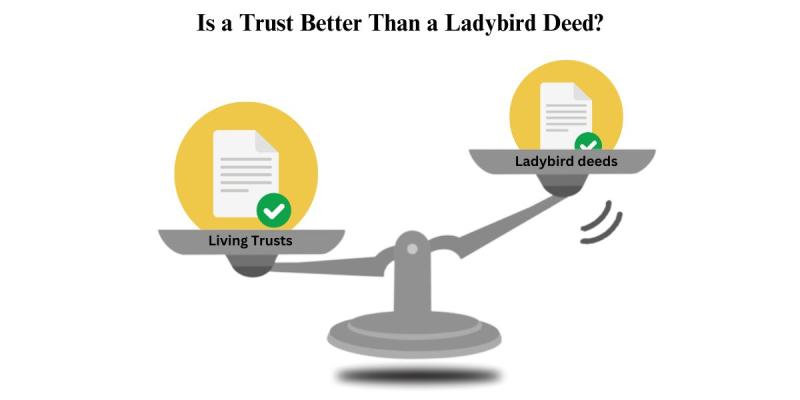A Step-by-Step Guide on How to Become an Executor of an Estate.

Navigating the world of estates and trusts can be complex, especially in the role of an executor. An executor is a person chosen by someone to carry out the instructions in their will after they die. This means taking care of things like distributing property and money, paying any debts or taxes, and making sure everything is done according to the will's instructions.
In summary, an executor is a person, bank, or trust company named in a deceased person's will tasked with executing the deceased's wishes and settling their estate
Below is a detailed, step-by-step guide to help you understand the process of becoming an executor.
Understanding the Role of an Executor
The first step is to understand what an executor does. Before becoming an executor, it's important to understand the responsibilities it entails. As the executor, you will manage the deceased's assets, pay any outstanding debts, file taxes, distribute the remaining assets to heirs, and more. Given these responsibilities, you may wish to consult a trust administration attorney or a trust and probate attorney to help navigate the process.
Learn more about the Role of Trustee in Nutshell
Being Nominated in a Will
Typically, an executor is chosen by the individual creating the will. If you've been nominated as an executor in a will, you must be prepared to carry out the duties following the individual's death and, you will be required to file the Will for probate in the appropriate court.
Probate Court Confirmation
If named as an executor in a will, your appointment must be confirmed by a probate court. For this, you'll need to submit the will to the court and go through a formal process, often with the help of a trust and probate attorney to ensure all steps are correctly followed. If a person dies without a Will (Dying intestate) or an executor isn't named in the Will, the probate court will appoint an executor. Preference is often given to immediate family members. As a nominated executor, you must file a probate petition, notify the interested parties, and attend a probate hearing.
Accepting or Declining the Role
Once the probate court approves your nomination as an executor, you must decide if you're willing and able to carry out the executor's duties. If you accept the role, you'll receive "letters testamentary" or "letters of administration". An official documentation providing you the power to act on behalf of the estate. Thus allowing you to access bank accounts, sell property, and distribute assets.
Administering the Estate
As the executor, it's essential to act in the best interest of the estate and its beneficiaries. This fiduciary duty of a trustee requires careful attention to detail and often navigating complex legal procedures. Consulting with a trust and probate attorney can be invaluable in this role.
As an executor, you will:
- Create an inventory of the estate's assets
- Pay any debts or expenses of the estate
- File necessary tax returns
- Distribute assets to the beneficiaries as outlined in the will
Closing the Estate
Once all debts, expenses, and taxes have been paid, and the remaining assets have been distributed to the beneficiaries, you'll need to prepare a final accounting, detailing the probate process. With the court's approval, the estate can be officially closed.
Seeking Legal Counsel
Throughout these steps, a trust administration attorney can provide invaluable advice. They can guide you through the probate process, ensure legal compliance, and help resolve any potential disputes amongst beneficiaries. Becoming an executor is a task of great responsibility. Ensuring that you are thorough, careful, and understand the necessary legalities is essential. If you have questions about acting as an executor or need professional assistance, consider the knowledgeable team of attorneys at our leading Florida Wills trusts and probate firm.
Understanding the steps involved can help ensure you're adequately prepared for the role. Remember, you don't have to go it alone – estates and trust attorneys are always available to assist during this complex process.









Comments